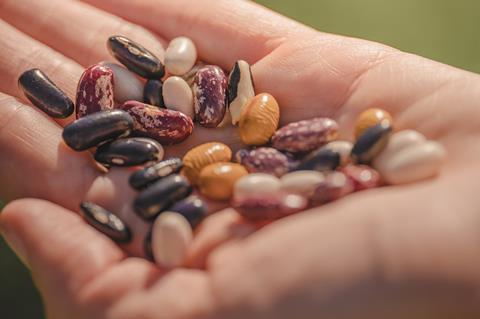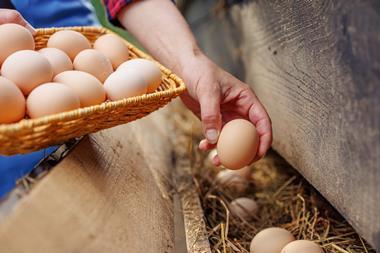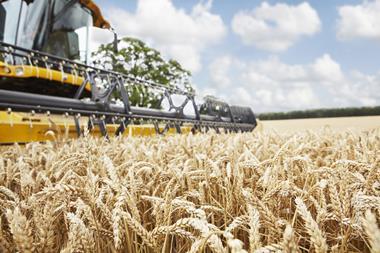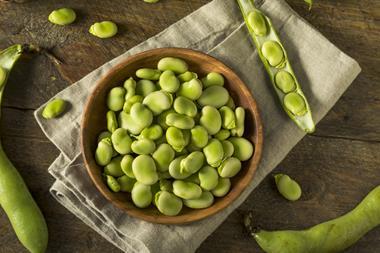
Gluten-free and specialised nutrition company Dr Schär has partnered with the Laimburg Research centre for a biodiversity project that could help build crop resistance in the face of climate change.
The collaboration, called Field100, also includes seed banks such as the Crop Trust and aims to create one of the most biodiverse fields ever cultivated. The overall mission is to understand if crops including sorghum, quinoa and amaranth could be a viable in adapting better to climate change and tackling growing food sustainability issues.
Field100 consists of 100 biodiverse crops, planted all in one field in the heart of the Alps. Local oats and buckwheat are grown there together with Nepalese amaranth or quinoa from the Andes. Some seeds are almost 100 years old and have been provided by gene bank Tyrol.
The Laimburg Research Centre has found that old varieties of crops provide an important genetic pool, as they may have traits that are useful to adapt to changing climate conditions. According to Laimburg, scientific research over the course of several years and under different conditions is necessary to draw a firm conclusion.
The project also aims to raise awareness in younger generations of the importance of biodiversity, the future of sustainable food systems and the impact of climate change. Through the custom created microsite, younger people can experience a virtual tour of the field, learn about seed cultivation and conservation, and explore field changes through the seasons via a Fieldeye camera.
“Going forward, we want to continue taking on responsibility for sustainability and working closely with our partners and experts to promote biodiversity,” said Dr Philipp Schoeller, Dr Schär’s CEO. “In this regard, Field100 has been a big step towards achieving a more biodiverse future, particularly in a changing climate.”
The field, which has been planted to mark Dr Schär’s 100th anniversary, is currently being harvested, ready for the seeds to be added to the Laimburg Research Centre’s seedbank.
































No comments yet